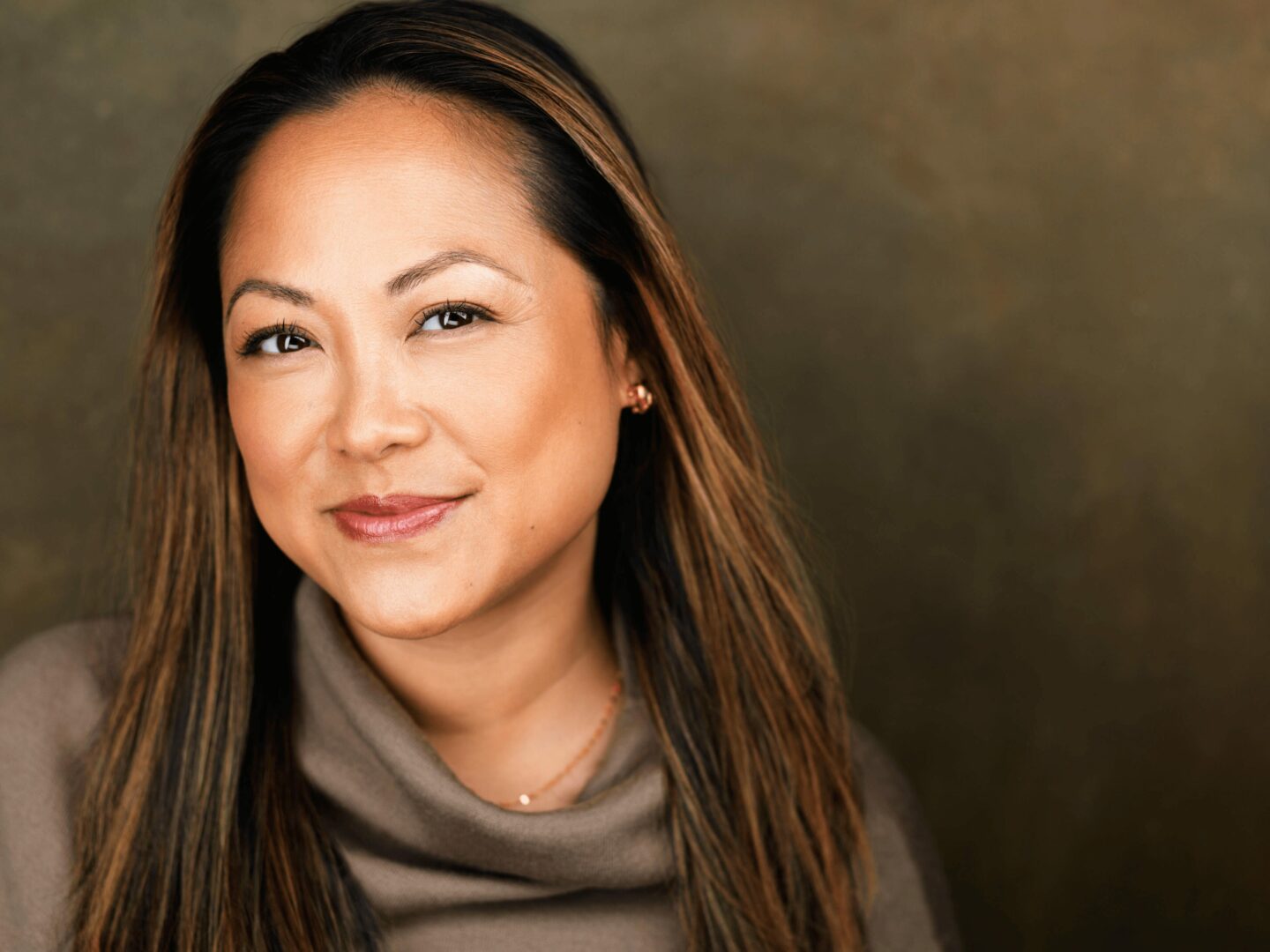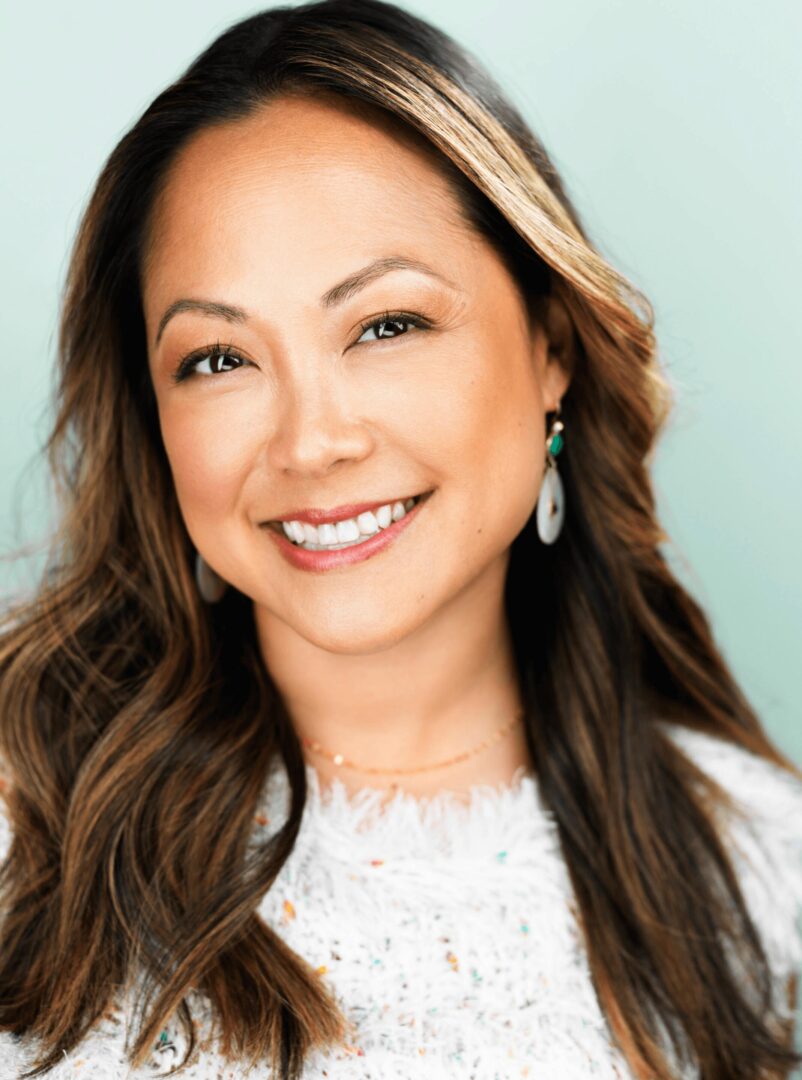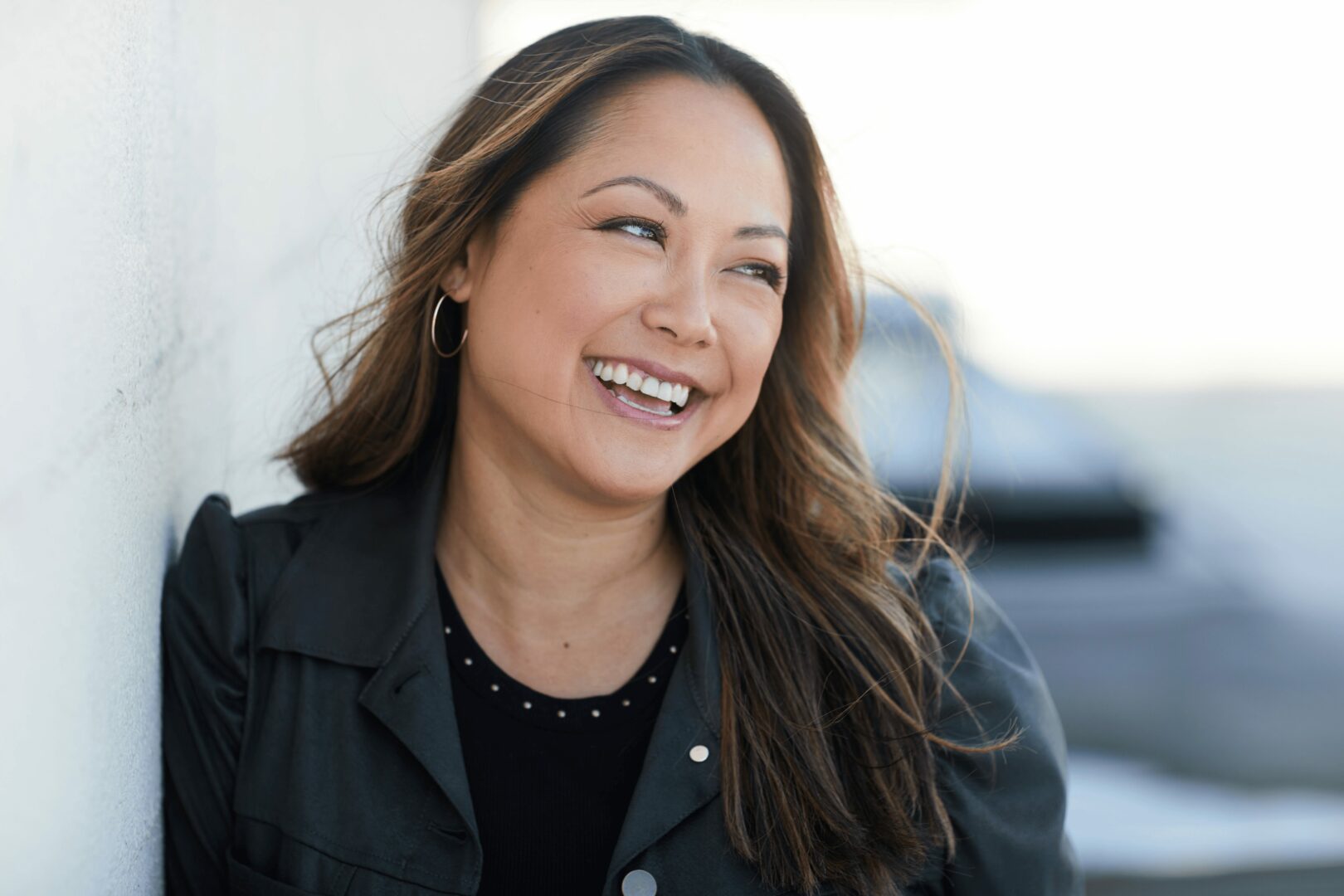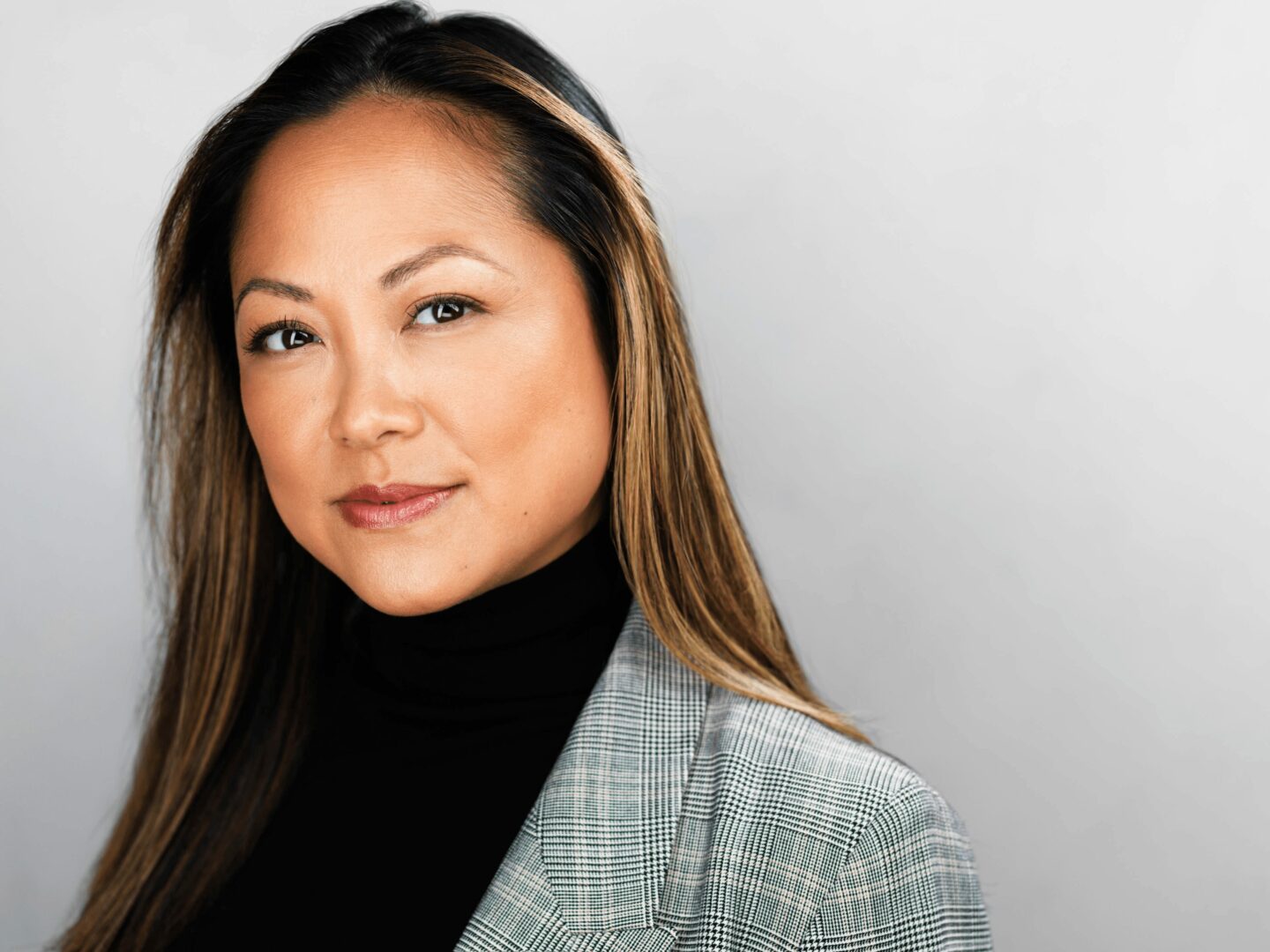We recently connected with Melissa Ng and have shared our conversation below.
Melissa, we’ve been so fortunate to work with so many incredible folks and one common thread we have seen is that those who have built amazing lives for themselves are also often the folks who are most generous. Where do you think your generosity comes from?
Generosity is a gift to others but also a gift to oneself. I want to talk about “intentional generosity” as I think we need more of it in the world.
First, I believe that my intentional generosity was passed to me from my mother’s side of the family. My mother is a daughter of a pastor and giving was always a huge part of her upbringing. My mom was one of ten kids and often they were giving food and welcoming families in their home when they didn’t have enough for themselves. Giving was a part of her family’s DNA, and it has passed down into my generation. When you give like this you are no longer bound by the definitions of societal happiness. In fact, the opposite usually happens, generosity is linked to happiness. To decouple your worth from external factors is a blessing as it is freedom.
Here are three examples of intentional generosity that come to mind:
1) Paying it Forward – The Power of Representation: I’ve been lucky to have had such great role models in my life. My mother is an Asian immigrant who became a successful architect. When she was in school, she was often the only woman in the room and one of a few Asians. She has shown me from a young age the importance of role modeling behavior and how powerful representation is. I worked in over 6 organizations before I came to one where there was one Asian female in an executive position. We need more of this. I believe paying thanks to my mom can be translated by doing the same for others. I’ve worked in a plethora of big four consulting organizations, agencies, and boutique strategy firms and I still make an effort to mentor my formal and informal mentees even if I no longer work at the companies. Mentorship, belief, and connection in others shouldn’t stop just because your work email address changes.
2) Breaking Barriers – Lifting Others Up: Not all of us start from the same place in the race. For instance, some of us don’t have the same access to opportunities, or network of individuals, sometimes business processes are faulty and can hurt. One example of this is when I went off for maternity leave. Usually in consulting your book of business is transferred to other partners or executives on your teams. I called HR and asked specifically for a list of the company’s “unsung heroes”. For example: who are some women and people of color that are just or more talented than others but might not have been outspoken about taking the next opportunity. I gave my book of business to them.
The second time I returned from maternity leave, I wasn’t able to hit my numbers. I was nurturing a life vs a pipeline for 6 months. When I found out about my lay off, I intentionally gave my book of businesses to two working mothers.
3) Knowing Your Why – Serving a Greater Purpose: I am very lucky that I have a strong why. My why is to amplify the voices of historically marginalized groups and for others to experience worth from within. This why serves as my guiding post to serve others. My why is not about me, it’s about something much bigger. When the storms in life hit, I find energy in moving past the hardships, forgiving others, and making a difference. It’s the dash between the year you’re born and when you pass on your tombstone that matters, I want it to say, “loving mother, daughter and friend. Left the world a better place.”
Intentional generosity isn’t just a practice; it’s a way of life that can transform communities and uplift individuals. Let’s break down barriers, mentor those who need guidance, and serve a purpose greater than ourselves. Join me in this mission to create a ripple effect of kindness and compassion. Together, we can leave the world a better place than we found it. Share your stories of generosity and let’s inspire each other to keep giving.

Great, so let’s take a few minutes and cover your story. What should folks know about you and what you do?
Breaking the stigma of therapy in cultures that often associate it with shame is my mission. By connecting people with similar experiences and building a community of support, we can uplift each other.
In my career journey, I’ve held leadership roles in Organizational Change and Transformation. Yet, as an Asian American woman raised by immigrant parents, I’ve struggled with the cultural expectation to keep my head down and define my worth through achievements and titles. When I was laid off as a Partner at a management consulting company, it jolted me to my core.
That moment of transition led me to reflect deeply. I realized I was living someone else’s dream, not my own.
Burnout had been my constant companion, and I had never allowed myself to rest. Connecting with other executive women in transition showed me I wasn’t alone in this struggle. One profound conversation with a woman battling stage 4 cancer shifted my perspective on life and work. She taught me that true worth isn’t in titles but in the impact we make and the love we give.
My journey to heal included therapy and executive coaching, which made me recognize the gap between understanding industry challenges and addressing deep-seated personal trauma. This realization sparked my initiative to merge the expertise of therapists and professional coaches, offering holistic support for women and marginalized communities.
In my workshops, I advocate for finding worth in being, not just doing. I remind others that our coworkers won’t be by our deathbeds; it’s our family and friends who matter most. I encourage everyone to stop “should-ing” on themselves and to give themselves grace.
As I continue this journey, I’m piloting a program to bridge the gap between therapy and coaching. My vision is to destigmatize therapy, connect people with shared experiences, and create a supportive community.
If you had to pick three qualities that are most important to develop, which three would you say matter most?
1) Personal scorecard: As an Asian American woman, daughter of two Chinese immigrants, we were always taught to “keep our heads down”, “work hard”, and “respect authority”. With regards to careers, we were told we should be a doctor, lawyer or partner at a big four consulting company. First chair violinist freshman year in high school, played at Carnegie Hall, straight A student, honors, awards, young partner, you name it. On paper it looked great, right? I was addicted to award collecting. I realized recently when I was a partner at a management consulting company that I was living someone else’s dream, because if it were my dream, I should experience joy while doing it. For so long I found worth in the eyes of other people’s or company’s opinions until I realized they should have no power over my personal worth. That’s when I realized how important it is to live by my own personal scorecard. My values. My beliefs. I now live my life that if I die tomorrow, I would be proud of who I am today.
2) Speak up: Finding my voice was a crucial turning point in my journey. There was a time when I felt silenced by cultural expectations and the pressures of my professional environment. However, I learned that my voice matters, and speaking up is essential for personal growth and making a real impact. When I began to express my thoughts, needs, and boundaries, I noticed a significant shift in how I was perceived and respected. This change didn’t just benefit me; it empowered others around me to find their voices as well. For those early in their journey, I encourage you to practice assertiveness and self-advocacy. Start small, and gradually build the confidence to share your ideas and stand up for what you believe in. Your voice can create ripples of change.
3) Forgiveness: Forgiveness has been a profound lesson in my life. Holding onto resentment and anger only weighed me down and prevented me from moving forward. I learned that forgiving others, and myself, is not about condoning wrongdoings but about freeing myself from the burden of past hurts. This practice allowed me to heal and approach life with a lighter heart and a more open mind. For those who are holding on to pain and hurt that came from others, understand that forgiveness is a powerful tool for personal liberation. It enables you to let go of what no longer serves you and creates space for new, positive experiences. Embrace forgiveness as a part of your growth and watch how it transforms your relationships and outlook on life.

How can folks who want to work with you connect?
Our mission is to bridge the gap between therapy and coaching. My vision is to destigmatize therapy, connect people with shared experiences, and create a supportive community.
We are looking for licensed therapists, psychotherapists, and professional coaches that come from diverse backgrounds and lived experiences to help women in transition or going through a professional or personal change to be part of our supportive community.
We are also inviting applicants to join our inaugural pilot program. If you are a woman navigating a period of transition—whether due to a layoff, job change, or significant life event—we would love to have you as part of our community. By participating, you’ll have the opportunity to connect with others experiencing similar journeys, gain valuable support, and contribute to a transformative initiative aimed at fostering resilience and empowerment. Join us and be a part of this pioneering movement.
Contact Info:
- Linkedin: https://www.linkedin.com/in/melissasng/
- Other: mng@fitforfuturellc.org

so if you or someone you know deserves recognition please let us know here.




